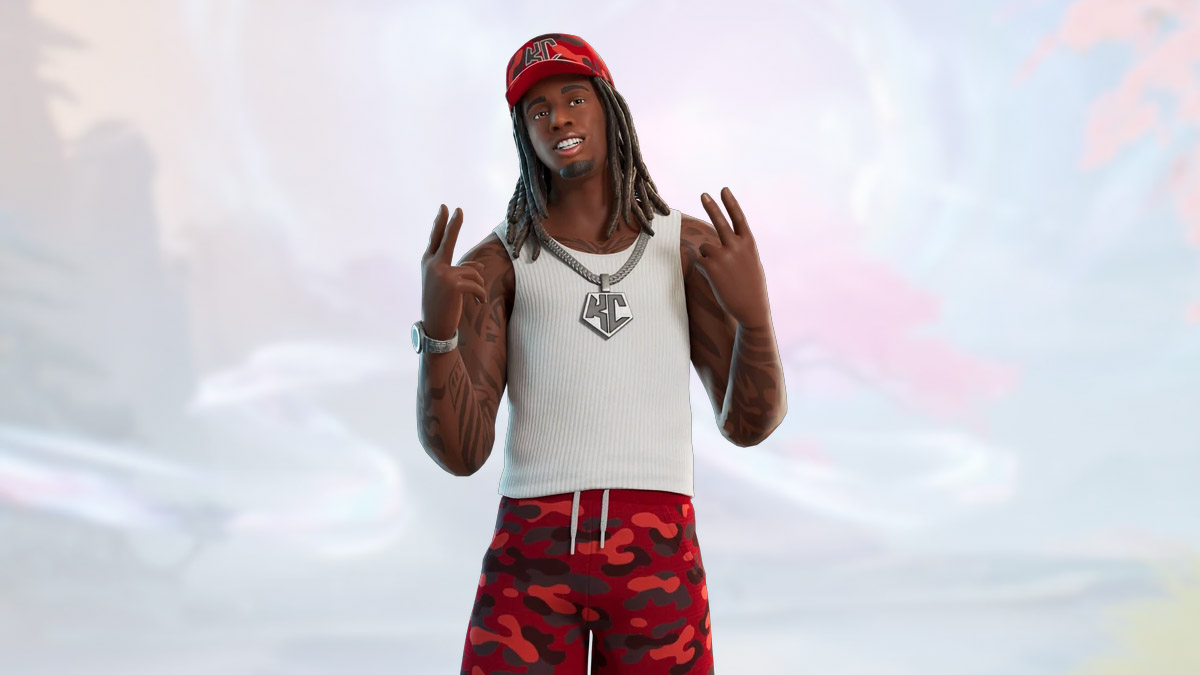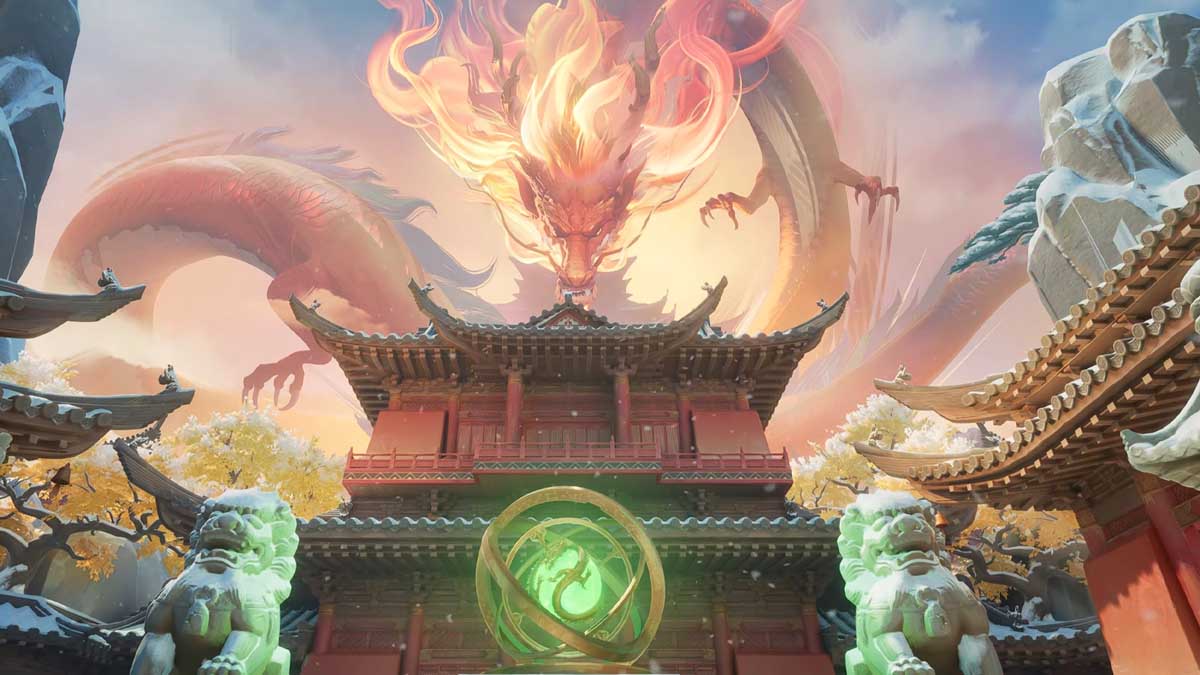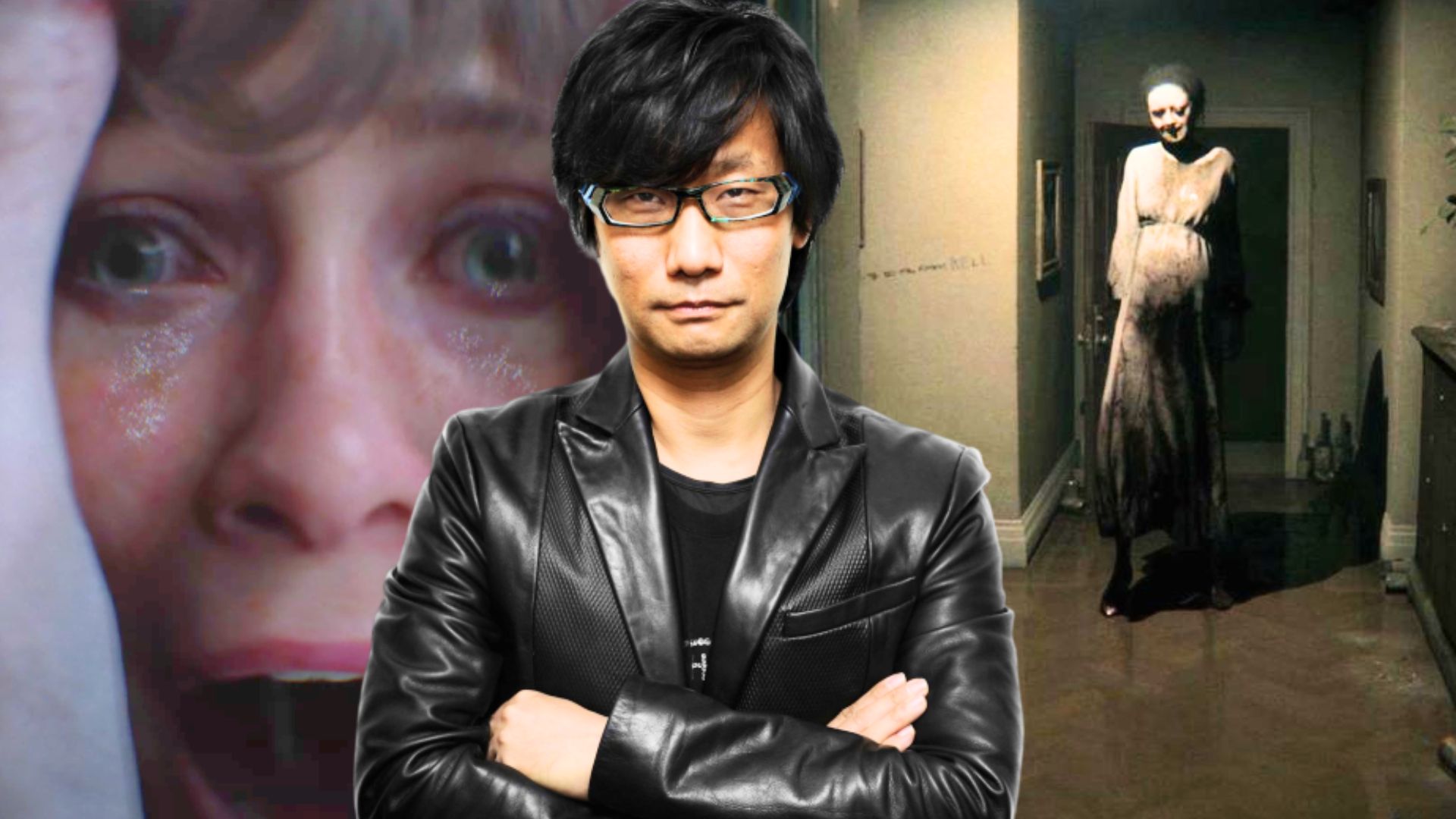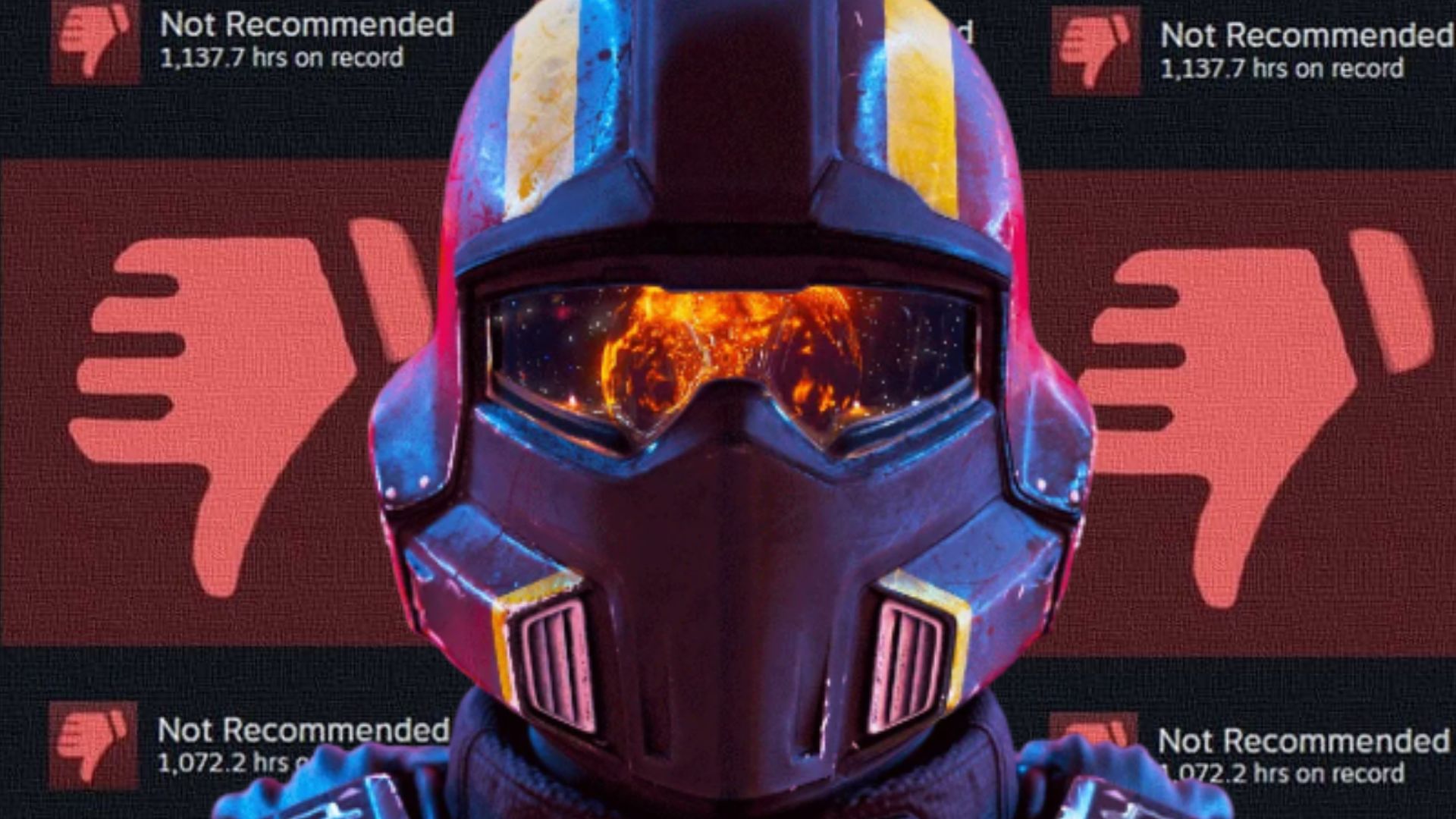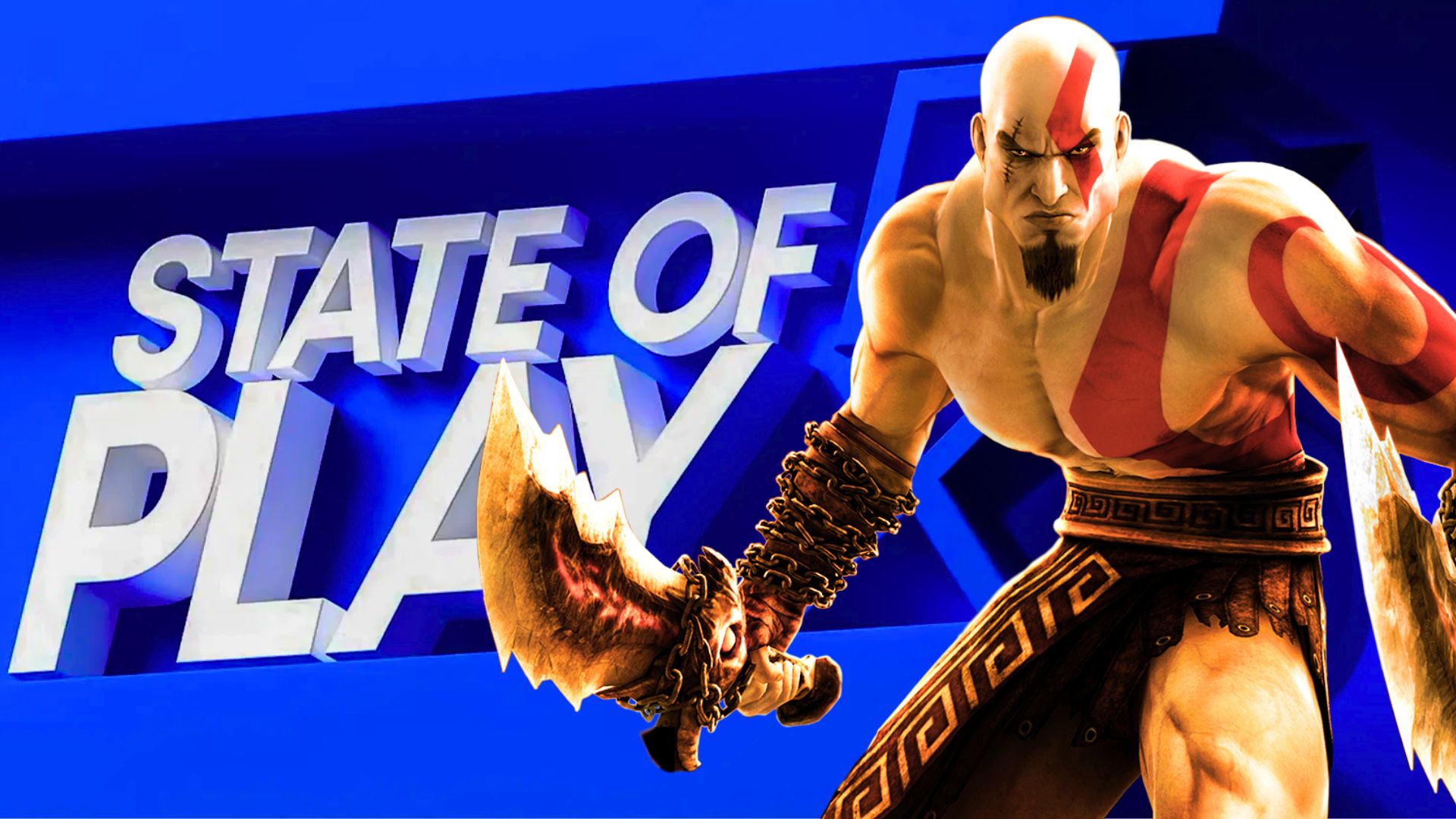You can trust VideoGamer. Our team of gaming experts spend hours testing and reviewing the latest games, to ensure you're reading the most comprehensive guide possible. Rest assured, all imagery and advice is unique and original. Check out how we test and review games here
Earlier this year, Criterion announced that it would be taking creative control of Need For Speed by putting its “stamp” on all of the series’ future releases – a move, the studio hopes, will help establish a “consistent direction” for the franchise.
Here, Criterion veteran and Need For Speed: Most Wanted’s senior producer Matt Webster discusses how the studio plans to do it, industry fads, and EA Gothenburg’s involvement in the series.
But before Criterion can start thinking about the next Need For Speed, it needs to release the current one, a process Webster is still trying to come to terms with…
Matt Webster, Senior Producer, Criterion: Finishing a game is a very strange process because you’ve worked on something with a large number of people for such a long time, and all you can see sometimes are the things that are wrong, or the things that you wish were different, you know? And at other times you are also a little bit apprehensive about how it might be received. Are we on the right track? Are the decisions we’ve made the right ones? And are people going to understand why we’ve made them? To have all of that… It takes a little bit of time when you finish a game to decompress and say, ‘You know what, I think we’ve got something good here’.
These days, though, I guess it’s relatively easy to rectify some of the things players may not like?
MW: Maybe you could, but I think… Will people understand why we’ve made some particular decisions? Clearly, in terms of the experience and ironing out imperfections, we’ve done as much of that as possible. But I think it’s more in how we’ve structured it and some of the big decisions we’ve made. Will people understand how we’ve done that? And in terms of the work, it’s not just finishing a code, sticking it on a disc and shipping it. There’s a live part of it to carry on with.
Are you concerned? I’m getting the impression that you’re a little unsure of certain decisions.
MW: No, I’m just saying that’s how it goes with every game you make. That’s the process that you naturally go through. It’s not unique to this one. God no.
Criterion has a good track record, though. Hot Pursuit is the highest-rated game in the franchise’s history.
MW: It is, but the company is built upon a healthy sense of paranoia. It’s never good enough. Never good enough. That’s what I mean. I’m not describing uniquely this game. It’s every game. You’re tired and you have a whole range of different emotions that you go through. You’re being critiqued at every opportunity. It’s a very strange emotion to go through.
That’s probably a good attitude to have, though. The passion certainly shines through in the game.
MW: I hope so. I hope it comes through and I hope people understand what I mean when I say that. With any game that you make you’re never sure, never sure. With this one in particular, we were very keen on saying that games are really serious these days. If you’re coming in to it fresh, man… there’s shooting and they’re really serious. We just wanted to get back to the fun. That’s the reason why we got into this in the first place, and that’s why having people pick it up and play, you see a smile on their face and that’s fun. Seeing those eight machines at the end of that single-player session and there’s a bunch of people in different cars; that’s really encouraging. So yeah, it’s a natural apprehension of releasing something and it being critiqued, and you just want to let people have fun with it.
Is Most Wanted Criterion’s way of asking EA to do another Burnout game? I read a quote from Craig Sullivan [last week] where he said Criterion will make another Burnout, but…
MW: I made a Burnout game this year! It’s hilarious when you see, ‘That’s not a Burnout game’. And I’m like, oh really? Aren’t we the best judges of that?
Is that the future of Burnout, though?
MW: No, no. For us… It’s obvious to us. Burnout and Need For Speed is night and day. It just… For me personally, I’ve been at EA for 22 years, I remember seeing Need For Speed for the very first time. And when I speak to people, when they enter their gaming lives it’s either in or around a Need For Speed launch. So it’s got this funny attraction, this weird gravity to it. And the difficult thing is that it means a whole bunch of different things to a whole bunch of different people.
Well, that’s something I wanted to talk about. Need For Speed has always had that sense of variety, but at the moment it seems more confused than it ever has before. One minute it’s a serious track racer, the next it’s a hybrid action-racer with QTEs, and then it’s an open-world racer. Where’s the direction?
MW: I don’t know if that’s a bad thing. I look at it and say, okay, it’s what, 16 years old? Every game has been different and it’s been out every year. That’s astonishing. There is no other franchise that does that. To be that big and to make that many creative changes is actually something I think to be applauded. When it comes down to us, it will only ever be what we think it should be, and we think this is the direction for it. There’s a whole bunch of reasons why.
Driving games have done a spectacularly bad job of embracing new players. If you see a Porsche 911 on the street, people stop and look at it. If you hear them, they turn heads. We’ve grown up around cars, right? And this is why we wanted to get back to the fun, because there’s the love of the vehicles and a love of fun, and that’s what we want to bring together. In the past it’s kind of been a very, very dry simulation perhaps. That’s one of the reasons why we’ve made one of the changes that we’ve made in this one – perhaps the biggest change – pick a car, any car. I’ll show you this picture. [Webster pulls out his phone and opens a picture of a Marussia parked outside Criterion’s offices.] We had the Marussia in the game. These people are pulling over to take a picture! These people are stopping to look at the car. That’s the power of cars and it’s really odd that we’ve kind of not… They should be bigger than they are, right?
Could making them look and feel more impressive bring some of that spectacle back?
MW: I think it’s in the play. For you and I to have a competitive race, we’re probably going to have to put in three and a half minutes of quite intense ability, so that’s actually quite a barrier. And if you have a look at what we’ve done in this game, let’s make an open world where you can just come in and have fun. The pure experience is good fun. Driving a car is great fun. They’re the best handling cars we’ve ever done, they look amazing, they look even better when they’re f****d up, and we’ve got the widest variety of services. What’s not to like? Then, let’s have some simple gameplay systems in there that don’t require a huge amount of ability in the first instance. Because this goes back to the other point about releasing the constraints on the cars. If you come to the game a few weeks after me, traditionally you’d have probably been switched off from the competition because everybody’s got fast cars. Now anyone can drive the fast cars.
So you loosen it here and you loosen it on this side, and say it’s not just about racing to be competitive. Anyone can jump a car through a billboard, anyone can blast past a speed camera, and anyone can go and look for things to collect. Those things are the things that we call ‘distraction play’. There’s a saying that we say where ‘Not playing the game is the game’, right? Most games are authored. They are, ‘These are the experiences that we’ve created for you to enjoy in this particular order’. What we’re trying to do here is, just go and play, be distracted, and embrace the fun because anyone can drive our cars.
Do the licenses pose any restrictions on what you can do? That was always the excuse for the lack of crash damage in Gran Turismo, for example.
MW: I think that’s a convenient excuse. We’ve never found a problem. We have great relationships with these car manufacturers because we love the cars. Actually, I think the other thing is, there are people who love motorsport and love cars, and then there are people who just like cars. Weirdly, people pick their favourites as well. It’s kind of like a sports analogy; I’m a BMW kinda guy, I like Porsches, oh no, it’s the Audis for me. So we’ve tried to also tap into that, but it’s in our nature to take something beautiful and mess it up. When you can explain yourself in a particular way and you have the relationships that you do, then… clearly, there are some restrictions. We’re not allowed to damage the passenger and you can’t blow it up. So I think that’s fair. Everything else, well, you’ve seen the game, we’re pushing it just about as far as it can go.
It was announced earlier this year that Criterion would be putting its stamp on all future Need For Speed games.
MW: Yeah, what we mean by that is, we think this is the direction that it needs to go in, and so let’s have a consistent direction.
Does that mean that all future Need For Speed titles will be arcade open-world racers?
MW: Erm… I don’t know. I think it’s up to interpretation really. Our studio principles are fun, accessible video games that are very highly-connected and centred around friends. Whatever we make would be built around those principles. Perhaps ones we’re setting here are, love the cars, have the fun, and be highly connected around Autolog. There’s a whole heap of scope in there for people to be creative around but we think that this is the direction that it needs to go in. I suppose where we started with the track record, that’s the voice people want to listen to.
How is EA Gothenburg involved in Need For Speed?
MW: How are they?
Yeah. We know they’re hiring for work on Need For Speed, but what are they doing?
MW: They’re doing other Need For Speed things.
Are they doing next year’s Need For Speed?
MW: [laughs] Who knows?
You?
MW: They don’t tell me things like that. [laughs]
Going back to what we were saying about Autolog and connected games, the online infrastructures of the current consoles can only be pushed so far, and…
MW: There’s still a way to go.
There is?
MW: Yeah, for sure.
In what sense?
MW: Well, finish your question and then we’ll…
Well, I was just going to ask whether the current consoles’ infrastructures have stopped you from exploring something you’d have liked to.
MW: Well, they’re still closed, so by definition there is a degree of inflexibility there. Having said that, with what we’re doing with Autolog’s Cloud Compete, we’re even pushing those boundaries a little bit. Cloud Compete works by, any of the Speed Points that you earn on any device that you play the game on are aggregated together. This connected generation that we live in is demanding that my services are available wherever and however I want them, so I think that things will change. Well, I’d like to think that things would change because ultimately what you’re saying is, you’ve got a Blackberry, I’ve got an iPhone and I can’t make a call to you. That still remains. Most of them are closed systems. However, there is a greater degree of flexibility than we saw with Autolog in Hot Pursuit.
We’re always very keen to push those boundaries and ask different questions. Because you carry on doing that and there is a clear need or a clear feature being supported by some of the things that you’re asking for, people start to relax a little bit. It’s not as open as we’d like it and I wish that a chunk of the restrictions that are in play weren’t, but you play the game by those rules. What you can do is, even with very tightly constrained rules, you can still be very creative with them. So I think things will change and I think things have been changing. Crikey, Microsoft make apps so, you know, if you’d said that three or four years ago you’d think dogs and cats living together.
Games are developing longer tails than ever through digital content. How is content delivery going to change?
If you look at Burnout Paradise, Paradise is five years old in January. So that’s got a five-year tail. If you create digital content then… People come to games at the strangest, weirdest times. What you’ve got to realise is that you’re creating something and it’s going to be consumed in a whole bunch of different ways. So really, it’s up to us – first of all – to make a great experience and then have a business model that supports that experience, rather than the other way around. What works for some doesn’t work for all, that’s for certain. Need For Speed has a free-to-play component and that does extraordinary things in emerging markets. And that’s great, because that’s bringing a whole new [audience], millions of people that, actually, their only understanding of Need For Speed is through Need For Speed World.
When we do the set up first, we live in this weird bubble. We’re professional game makers or we’re in the games industry as a profession. That’s very different from the outside world if you like, both in terms of how we play a game or how we put down… We like to think we’re consumers but we’ve got a bit of inside knowledge, so I don’t know. I don’t know how it’s going to go. I think what you’ll find is, here’s an offering, and here are whole different ways that you can consume it. Pick the one that suits you.
Those inside that bubble are starting to react more actively to those outside, though. BioWare could have set a precedent with Mass Effect 3…
MW: That’s like saying to Sainsbury’s, ‘Look, this pork sausage only has 75% fat, I want my 85% fat for my pork content, for f*** sake. Call that a sausage?’ So I think it’s going to change. People are going to have different outlooks. It’s not the same for everybody. What works for one thing doesn’t work for another. We have the same thing, though. If we listened to the hardcore, we would never have made Burnout 2 because they just want Burnout 1 over and over again. ‘Burnout Crash? Call that a Burnout game? What the f***? Paradise? I’m done with this. Open-world, shmopen-world. Give me closed tracks.’ If we listened to that, we’re just going to end up boring ourselves and boring our fans because you’d end up making the same stuff and never having a point of view.
What we say is that every game we make is a reflection of who we are at that time, and that’s what this is. But I don’t know how things… It seems to be going in fads. You hear about social games and you see what’s happened inside that space, and what we’re trying to do here is… There ain’t nothing social about spamming my news feed by the way, there’s nothing social in that, but if you can connect friends into a game – because we think friends are really important – if you can connect and energise in active participation that’s really powerful. So I think this is the best social game out there because it’s integrating my friends right into the heart of the experience, it’s using them to guide me in an open-world and it’s telling me about the things that they’ve done without me having to go looking for it. So currently, that’s where we think the direction is.
Need For Speed: Most Wanted launches on Xbox 360, PlayStation 3, PC, PlayStation Vita and mobile platforms on November 2.
Need For Speed: Most Wanted (2012)
- Platform(s): iOS, PC, PlayStation 3, PS Vita, Wii U, Xbox 360
- Genre(s): Racing

/https://oimg.videogamer.com/images/5df6/need_for_speed_most_wanted_2012_83.jpg)
/https://oimg.videogamer.com/images/ee39/need_for_speed_most_wanted_2012_68.jpg)
/https://oimg.videogamer.com/images/43f9/need_for_speed_most_wanted_2012_63.jpg)

